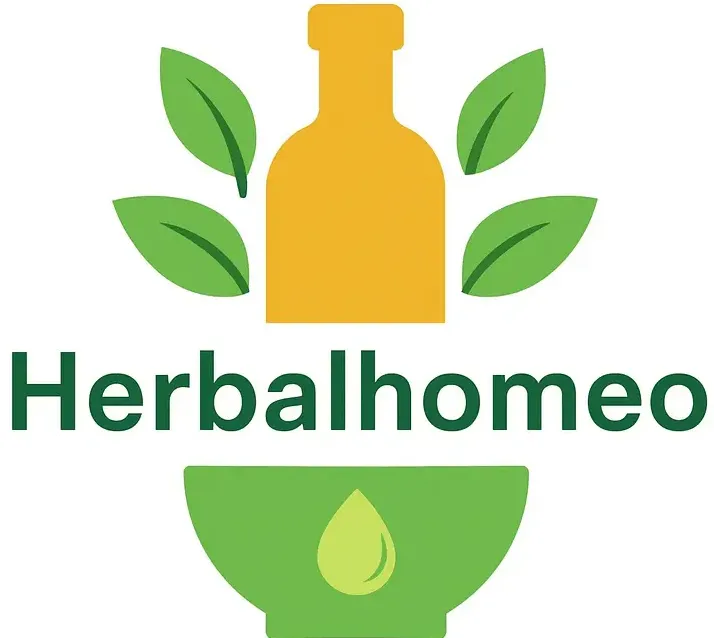The Role of Diet and Homeopathy in Managing Eczema and Psoriasis
Chronic skin conditions like eczema and psoriasis can affect every aspect of a person’s life. From dealing with intense itching and inflammation to the emotional toll of visible skin patches, it’s no wonder people are searching for natural and holistic treatments. Among the many approaches available, diet and homeopathy stand out for their ability to provide relief by addressing the underlying causes. But how effective are they, and what steps can you take to manage these conditions naturally? Let’s dive in.
Understanding Eczema and Psoriasis
Before exploring solutions, it’s important to understand these conditions.
What is Psoriasis?
Psoriasis, on the other hand, is an autoimmune disorder where the immune system speeds up skin cell production, leading to thick, scaly patches. It’s commonly triggered by stress, infections, injuries, or even dietary sensitivities. Psoriasis often demands long-term management, and this is where natural approaches like homeopathy and dietary changes come into play.
Diet and Skin Health: The Wheat-Gluten Connection
Eczema and Wheat
For some individuals with eczema, wheat or gluten-containing products may worsen symptoms due to allergies or sensitivities. Wheat allergies can trigger inflammation, while gluten intolerance, like in celiac disease, can cause systemic issues that affect the skin. Eliminating wheat or gluten might help reduce flare-ups in such cases.
However, not everyone with eczema benefits from removing wheat. For most people, other factors like environmental allergens or a weakened skin barrier play a bigger role. It’s important to monitor your diet and observe whether eliminating wheat makes a noticeable difference.
Psoriasis and Gluten Sensitivity
Psoriasis has a stronger link to gluten sensitivity. Studies show that people with psoriasis are more likely to have celiac disease or non-celiac gluten sensitivity. Gluten can exacerbate inflammation in such individuals. Some people with psoriasis report fewer flare-ups and reduced scaling when following an anti-inflammatory diet that limits gluten or wheat.
Should You Eliminate Wheat or Gluten?
Before making drastic dietary changes, consider these steps:
- Trial and Observation: If you suspect wheat or gluten is a trigger, try an elimination diet. Remove gluten-containing foods for a few weeks, then gradually reintroduce them to observe changes.
- Get Tested: A medical test for wheat allergies or gluten intolerance can confirm whether gluten is contributing to your symptoms.
- Balance Your Diet: Cutting out wheat should not lead to nutritional deficiencies. Include nutrient-dense gluten-free alternatives like quinoa, millet, or brown rice to ensure a balanced diet.
The Role of Homeopathy in Eczema and Psoriasis
While dietary changes focus on reducing external triggers, homeopathy dives deeper, aiming to address the internal causes of eczema and psoriasis.
How Homeopathy Works
Homeopathy takes a holistic approach, treating the person rather than just the symptoms. Remedies are tailored to an individual’s unique physical, emotional, and mental state. The aim is to stimulate the body’s natural healing mechanisms and restore balance. Unlike conventional treatments, homeopathy seeks long-term relief without suppressing symptoms.
Homeopathic Remedies for Eczema
Here are some commonly used homeopathic remedies for eczema:
- Graphites: Ideal for dry, cracked skin that oozes sticky fluid. It works well in cold weather.
- Sulphur: Known as the king of skin remedies, it’s excellent for intense itching and redness that worsens with heat or bathing.
- Mezereum: Best for crusty eruptions and severe itching, especially in cold conditions.
- Petroleum: Perfect for eczema that worsens during winter, causing deep cracks and bleeding.
- Arsenicum Album: Provides relief for burning, dry skin with restlessness and anxiety.
Homeopathic Remedies for Psoriasis
For psoriasis, the following remedies are effective:
- Arsenicum Iodatum: Treats dry, scaly patches with intense itching and is effective in chronic cases.
- Kali Arsenicosum: Works well for persistent scaling and discoloration.
- Sepia: A great option for hormonal imbalances linked to psoriasis, especially in women.
- Psorinum: Known for addressing stubborn, recurring flare-ups.
- Natrum Muriaticum: Helps with psoriasis triggered by emotional stress, particularly for dry, itchy patches.
Complementary Lifestyle Tips for Managing Skin Conditions
Dietary Tips
- Include Anti-inflammatory Foods: Fatty fish, leafy greens, nuts, and berries can help reduce inflammation.
- Stay Hydrated: Drink plenty of water and consume hydrating foods like cucumber and watermelon.
- Avoid Triggers: Steer clear of processed foods, sugary snacks, and alcohol.
Manage Stress
Stress is a major trigger for both eczema and psoriasis. Techniques like meditation, yoga, and deep breathing can help. Additionally, homeopathic remedies like Ignatia or Kali Phosphoricum are useful for stress relief.
Success Stories: Real-Life Examples
Homeopathy and dietary changes have transformed the lives of many individuals:
- A young woman with severe eczema found significant relief after using Graphites and eliminating gluten from her diet.
- A man with chronic psoriasis managed his condition effectively with Psorinum, combined with a gluten-free, anti-inflammatory diet.
Conclusion
Managing eczema and psoriasis naturally requires a combination of strategies. While dietary changes like reducing gluten and wheat can help some individuals, homeopathy addresses the root causes of these conditions, offering long-term relief. Together, these approaches provide a holistic solution, improving not only skin health but also overall well-being. Always consult a qualified practitioner before making significant changes to your diet or treatment plan.
FAQs
1. Can homeopathy cure eczema and psoriasis completely?
While homeopathy can significantly reduce symptoms and prevent flare-ups, a complete cure depends on the individual’s condition and triggers.
2. How long does it take for homeopathy to work?
It varies. Some individuals notice improvements within weeks, while chronic cases may take months.
3. Should I eliminate wheat without testing for sensitivities?
It’s best to consult a doctor or nutritionist and conduct a trial elimination diet to confirm if wheat is a trigger for you.
4. Are there any risks with homeopathy?
Homeopathy is generally safe when used under the guidance of a qualified practitioner.
5. Can I combine homeopathy with conventional treatments?
Yes, homeopathy can complement conventional treatments, but always consult your doctor before making changes.
